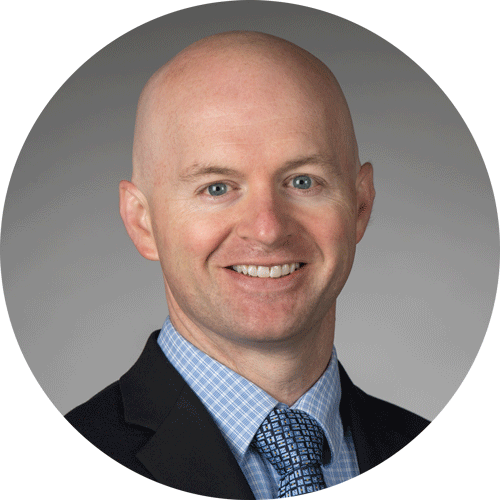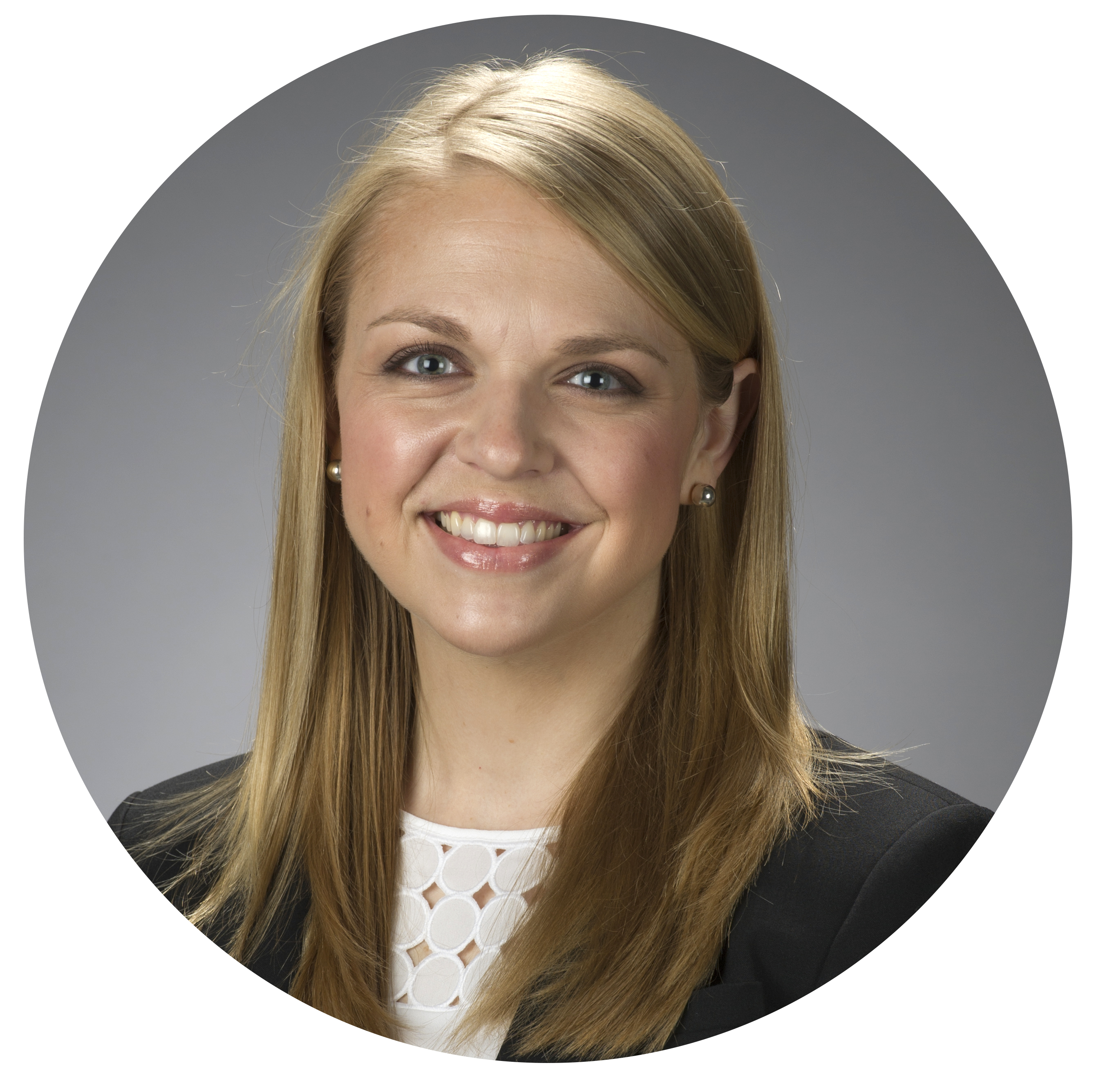We have a lot going on in the College even as we head into fall break at the end of the week. Undergraduate and graduate student teams involved in Business on the Frontlines, Grow Irish, and Innovation and Design Thinking will travel across the globe — from Uganda and Appalachia to Honduras and Nevada — to work on a wide range of projects.
We also have a high level of ongoing research activity, as described in Ken Kelley’s excellent guest column last week. I’m pleased to highlight five recent research papers published in top academic journals:
Chris Bechler, Assistant Professor of Marketing
“Working Hard for Money Decreases Risk Tolerance” (Journal of Consumer Psychology)
The research finds that working harder to earn money increases valuation of earnings and aversion to losing them, resulting in lower tolerance for investment risk. This can help explain why consumers don’t invest enough, especially when times are hard, and provides support for new interventions that facilitate consumers’ accumulation of overall wealth (e.g., those that automatically invest consumers’ income).
Casher Belinda, Assistant Professor of Management & Organization
“A Spillover Model of Dreams and Work Behavior: How Dream Meaning Ascription Promotes Awe and Employee Resilience” (Academy of Management Journal)
Most explanations for the link between sleep and employee behavior are grounded in physiology. However, people also navigate psychological experiences during sleep, and these experiences are often recalled shortly before the start of the workday. This research shows that dreams often spill over to affect employee resilience and goal progress at work, in part due to their capacity to elicit attributions of meaning and waking awe.
John Donovan, Gerspach Family Associate Professor of Accountancy
“Does Recognition versus Disclosure Affect Debt Contracting? Evidence from SFAS 158” (The Accounting Review)
Donovan and co-authors study how recognition of previously disclosed pension liabilities under SFAS 158 affects debt contracting. They find that pension underfunding is associated with a higher cost of debt and a lower use of covenants when underfunding is disclosed. Following recognition, these effects reverse. This evidence contributes to the accounting literature by examining the contracting effects of recognition versus disclosure.
John Shim, Assistant Professor of Finance
“A Theory of Stock Exchange Competition and Innovation: Will the Market Fix the Market?” (Journal of Political Economy)
This paper studies how U.S. stock exchanges compete in the modern electronic era. Exchanges earn profits by selling speed to high-frequency traders, which ultimately come at the expense of investors through higher trading costs. Because of these profits, exchanges are not willing to adopt new, more efficient designs that reduce the value of speed. While implementing such a design would benefit investors, high-frequency traders would not purchase speed: exchange speed profits stand in the way of market design innovation.
Sriram Somanchi, Assistant Professor of IT, Analytics, and Operations
“Exploiting Discovered Regression Discontinuities to Debias Conditioned-on-observable Estimators” (Journal of Machine Learning Research)
Regression discontinuity (RD) designs are widely used to estimate causal effects in the absence of a randomized experiment. Rather than relying on known discontinuities, the researchers developed a method (DEE – discover, estimate and extrapolate) to automatically discover regression discontinuities in observational data. Their method integrates information from multiple discovered discontinuities with an observational estimator and extrapolates away from discovered, local RDs using Gaussian Process regressions. The research demonstrates the performance of their method on two synthetic datasets and shows real-world applicability by estimating spatially heterogeneous treatment effects in the context of a recent economic development problem.
Thank you to Chris, Casher, John D., John S. and Sriram for their work.
I also want to recognize our colleagues who provided tremendous support in managing the aftermath of Monday’s fire in the lower level. They helped to put out the fire, evacuate the building, retrieve and return students’ belongings, relocate classes and communicate with students. Thanks to Kyle Way, Chad Harms, Hank Gettinger, Morgan McCoy, Ron Grisoli, Chad Deweese, Tabitha Kingsbury, Jennifer Brewer, Andy Wendelborn, Lisa Heming, Teresa True and Kari Friestad. (Here’s The Observer story, in case you missed it.)
In Notre Dame,
Martijn




